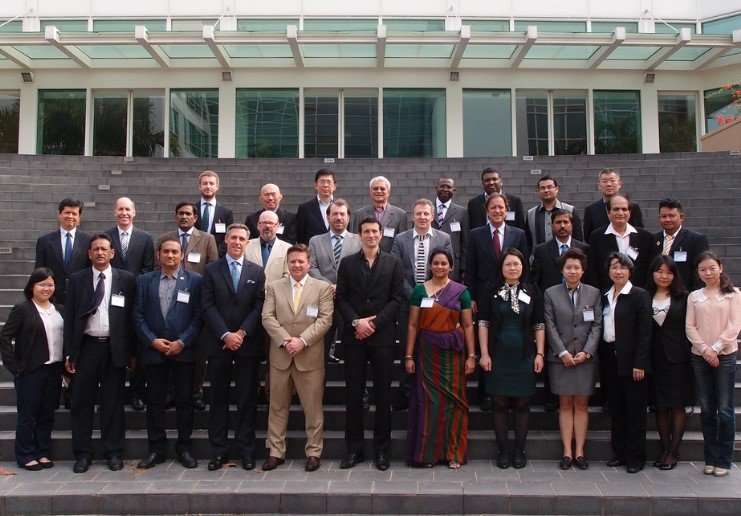The protection of intellectual property rights in Georgia has seen significant advancements with the establishment of Collective Management Organizations (CMOs). These organizations play a crucial role in managing and safeguarding the rights of creators and rights holders. The recent amendments to the Copyright Law have further strengthened the framework for CMOs, ensuring transparency and efficiency in the management of intellectual property.
Evolution of Collective Management in Georgia
The concept of collective management in Georgia has evolved significantly over the years. Initially, intellectual property rights were managed on an individual basis, requiring rights holders to negotiate and enforce their rights independently. This approach often led to inefficiencies and difficulties in ensuring fair compensation for creators. The introduction of CMOs marked a turning point, providing a structured and collective approach to managing intellectual property rights.
The establishment of CMOs was formalized through the Copyright Law, which outlined the criteria for their accreditation and operation. These organizations are responsible for negotiating licenses, collecting royalties, and distributing them to rights holders. The recent amendments to the Copyright Law have introduced stricter regulations and oversight mechanisms to ensure that CMOs operate transparently and effectively.

The role of CMOs extends beyond mere administration. They also represent the interests of rights holders in judicial and administrative proceedings, advocating for stronger protection and enforcement of intellectual property rights. This collective approach has significantly improved the efficiency and effectiveness of intellectual property management in Georgia.
Recent Amendments and Their Impact
The most recent amendments to the Copyright Law, introduced in July 2023, have brought about significant changes in the operation of CMOs. One of the key changes is the establishment of a sole and exclusive CMO, the Intellectual Property Owners Association (IPOA), which began its operations in January 2024. This move aims to centralize the management of intellectual property rights and ensure a more streamlined and transparent process.
The amendments have also introduced detailed criteria for the accreditation of CMOs, including requirements for transparency, accountability, and fair distribution of royalties. These changes are designed to address previous issues of ambiguity and inefficiency in the management of intellectual property rights. The new regulations also provide mechanisms for oversight, ensuring that CMOs adhere to their legal obligations and operate in the best interests of rights holders.
The impact of these amendments is expected to be far-reaching. By centralizing the management of intellectual property rights, the IPOA can provide more consistent and effective protection for creators. The new regulations also aim to foster a more transparent and fair environment for the distribution of royalties, ensuring that creators receive fair compensation for their work.
Future Prospects and Challenges
Looking ahead, the future of collective management in Georgia appears promising, but challenges remain. One of the key challenges is ensuring that the new regulations are effectively implemented and enforced. This requires ongoing collaboration between the government, CMOs, and rights holders to address any issues that arise and ensure that the system operates smoothly.
Another challenge is raising awareness among creators and rights holders about the benefits of collective management. Many creators may still be unaware of the advantages of working with CMOs and the protections they offer. Education and outreach efforts are essential to ensure that creators understand their rights and the support available to them.
Despite these challenges, the future of collective management in Georgia looks bright. The recent amendments to the Copyright Law have laid a strong foundation for the effective management of intellectual property rights. With continued efforts to improve transparency, accountability, and efficiency, CMOs can play a crucial role in protecting the rights of creators and fostering a vibrant creative industry in Georgia.
